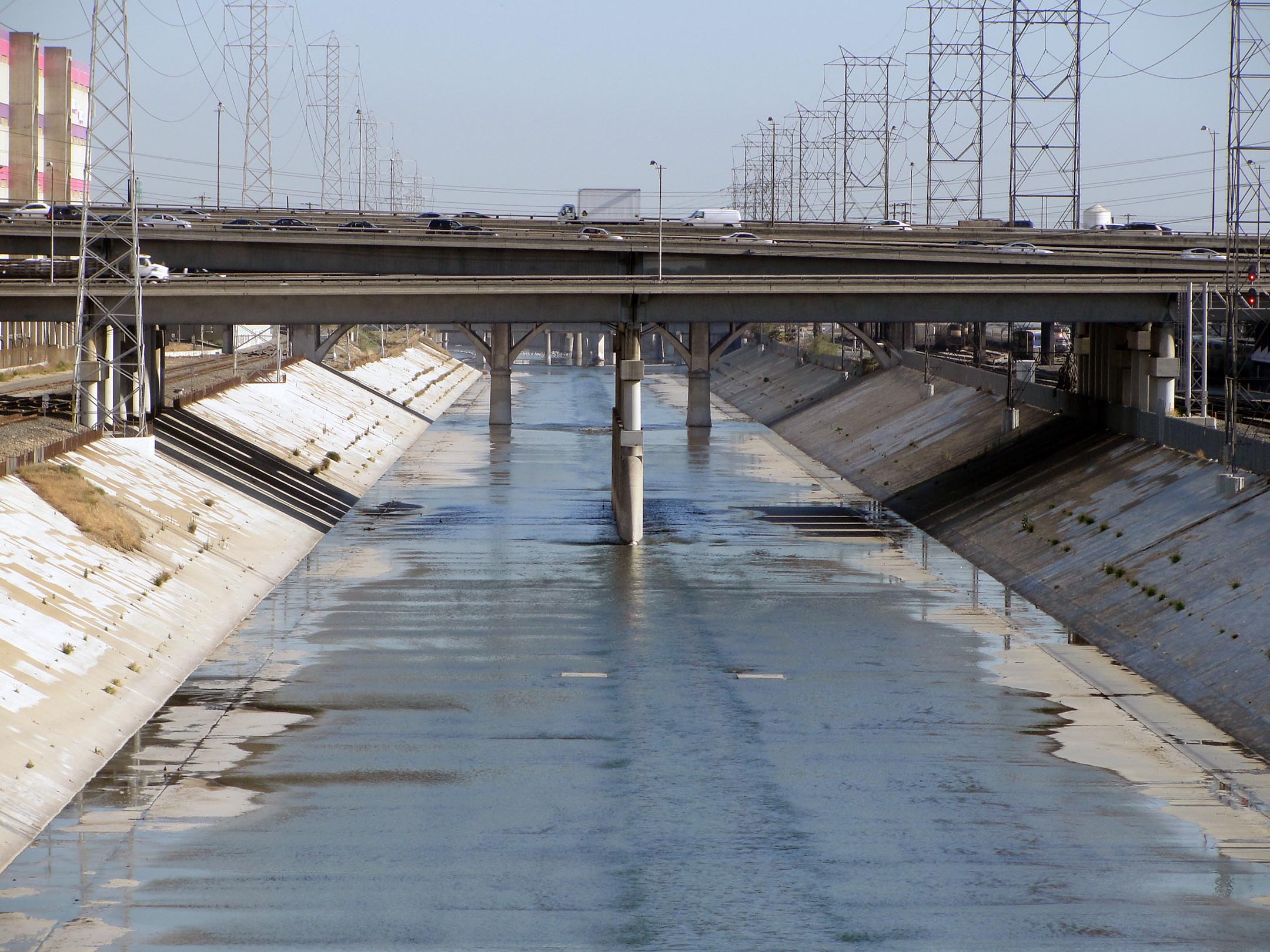- Jan 4, 2019
- 5,225
- 4,212
- Country
- United States
- Faith
- Protestant
- Marital Status
- Single
- Politics
- US-Libertarian
I enjoy Vertasium, and I thought this video was relevant in relation to the concept of determinism, and more theologically, predeterminism. He explains that whenever a large sample of chaotic elements are taken in hand, an unsuspected and most beautiful form of regularity proves to have been latent all along. Does this prove that free-will is an illusion of our limited mental capacity of what will inevitably happen? If God is the first cause, then everything happening now is its necessary consequence. It seems science confirms this. What are your thoughts? Please watch the video before replying.




